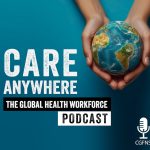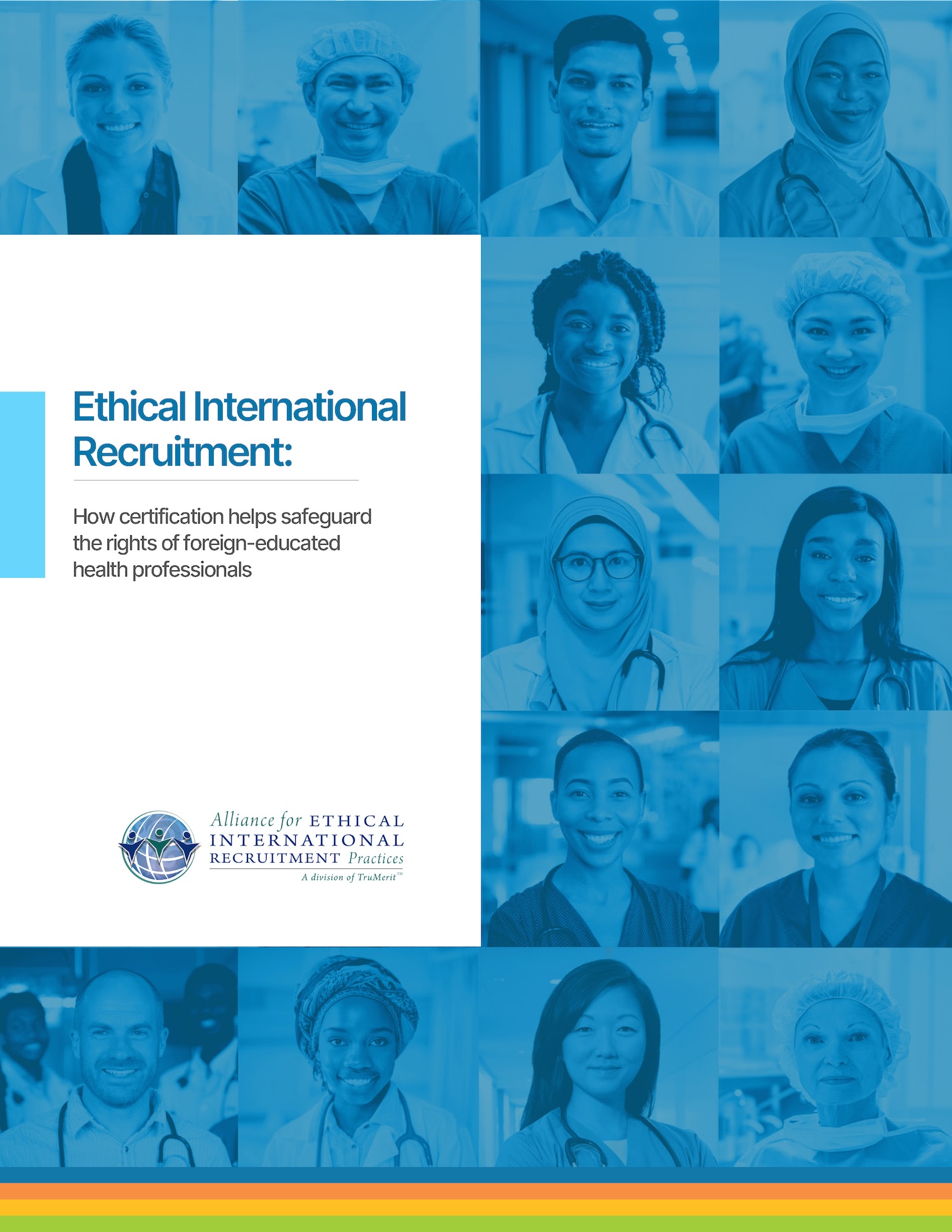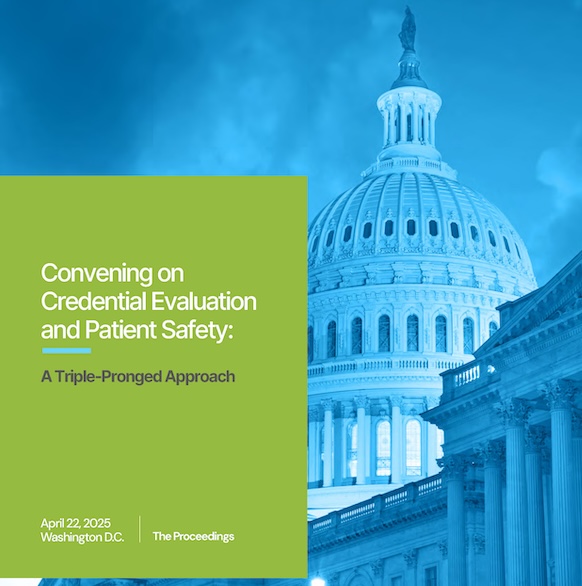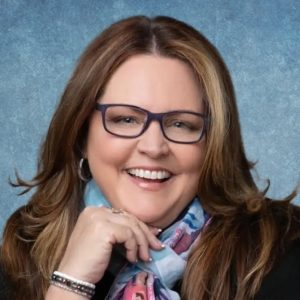I think one’s feelings waste themselves in words; they ought all to be distilled into actions which bring results.” —Florence Nightingale
As nurses from around the world come together next week in Helsinki for ICN 2025 Congress, there will be a lot of words on the agenda. A full week of keynotes, sessions, presentations, and discussions on every possible topic related to advancing the world’s largest health profession. The timing for this collective dialogue could not be more critical. On the heels of the recently released State of the World’s Nursing (SoWN) report by the World Health Organization, distilling words into “actions which bring results” will be a priority focus.
There’s a lot of work to do.
According to the report, the global stock of nurses is on the rise, with a projected increase from 29.8 million nurses currently to 36 million by 2030. And while the aggregate global shortage of nurses is expected to decrease, the drill down on distribution of shortage is still concerning. The shortage in high-income countries will steadily improve, in part because of their ability to attract talent from low- to middle-income countries, which will continue to shift the burden of shortage (70% of global total by 2030) to those already struggling regions of the world. Likewise, gaps in standards for nursing education, variability of regulatory oversight, and the need for competency-based training, global credentialing, opportunities and meaningful roles for advanced practice nurses, and investment in nursing leadership continue to sound the alarm for immediate response and actionable outcomes.1
The theme of this year’s event, hosted by the International Council of Nurses (ICN), is Nursing Power to Change the World, and while this speaks to the potential of the individual nurse to lead care delivery transformation, it’s also a call to action for global nursing organizations and stakeholders to come together and solve these challenges via a collective voice and strategic collaboration.
Being part of that ecosystem of collaboration is core to our mission at TruMerit—leading and engaging in thoughtful conversation and strategic partnership-building around these key areas of nurse workforce development:
- Research and analytics. While substantive research is being conducted globally around nursing workforce issues, there is a great need for collating and correlating those studies to produce actionable analytics that can shape workforce investment, solutioning, and policy development. To that end, we’ve launched the Global Nursing Workforce Centre in partnership with ICN to gather and analyze global research on nursing workforce issues, including the Centre’s first brief on the nursing education pipeline.
- Global standards and credentials. Addressing the global maldistribution of nurses is a complex conundrum. Countries need to build resilient health systems by equipping and retaining domestic workforces, but nurses need economic opportunity, skills portability, and pathways for career advancement to work and thrive within those countries. Advancing global standards for licensure and credentialing is one way to empower nurses with choices and career options. Under our expanded mission, we’re convening global subject matter experts to develop and launch the first-ever certification exams built on global frameworks, including our new Certified Global Nurse credential and the Certified Global Nurse – Rehabilitation credential launched in 2024. With verified skills and portable credentials, nurses can pursue opportunities wherever they want to work in the world, whether in country or across borders.
- Career recognition. Burnout and the pursuit of alternative career options continue to pull nurses out of the profession—losses felt both in care delivery and in nursing education. Recognition programs, like those advanced by the DAISY Foundation, will continue to be critical in acknowledging the work and sacrifices of nurses to advance compassionate care. We’re proud to partner with DAISY on recognition programs for Ethical Nurse Recruiters and other opportunities to invest in workforce development.
- Nurse-led innovation. Great progress toward the challenges outlined in the SoWN report is being made by nurse entrepreneurs whose passion for making a difference compels them beyond bedside care into leadership and innovation. These nurses are deploying emerging technologies, building career resourcing and mental health programs for the profession, shaping new care delivery models, and convening coalitions around care access and quality challenges. Working with organizations like SONSIEL, we’re partnering to spotlight and elevate nurse-led innovation in care delivery and policy reform.
We will be discussing all of this and more at ICN 2025 next week. Join us for our symposium session with ICN, the DAISY Foundation, and SONSIEL:
- Research, Recognition & Innovation: Three Pillars for Shaping Global Nursing Career Pathways—June 11, 13:15-14:15, Hall 3b
Come see us in Booth #P2a. Take a portfolio-centered tour of our TruMerit story—how we support career mobility for nurses from nursing school to career advancement and beyond.
We’re proud to be a Gold Sponsor of ICN Congress 2025.
Lea Sims is Chief Marketing and Communications Officer for TruMerit (formerly CGFNS) and leads the organization’s brand strategy. She has 40+ years in healthcare as a strategic communications executive, capability developer, growth driver, and innovation catalyst for both enterprise and nonprofit organizations in healthcare.
1 “State of the World’s Nursing Report 2025.” World Health Organization—Chief Nurse Office (CNO) and Health Workforce (HWF), 12 May 2025, www.who.int/publications/i/item/9789240110236








